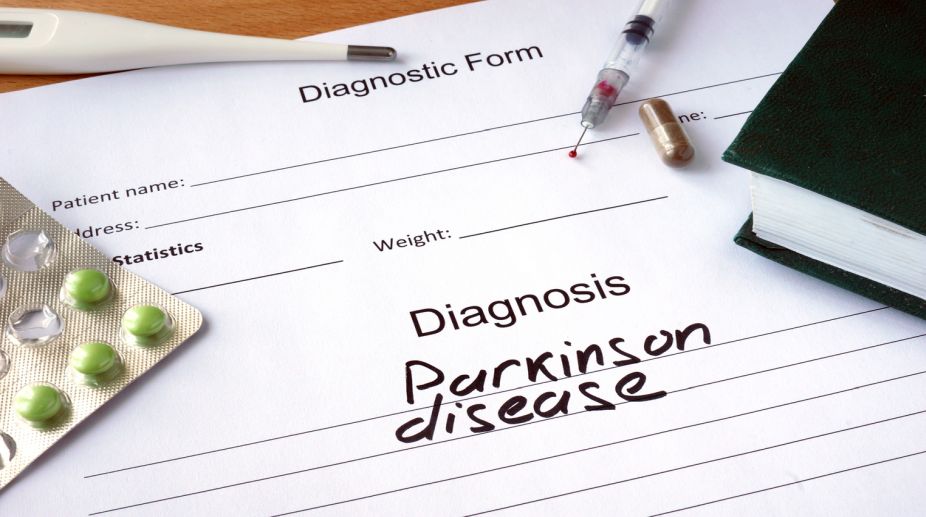Scientists have found that malformations in a protein found in the gut cells may lead to the onset and spread of Parkinson's disease, an advance that will help in develop new therapies to fight the disorder.
Researchers, including those from Duke University in the US, identified a potential new mechanism in both mice and human endocrine cells that populate the small intestines.
Inside these cells is a protein called alpha-synuclein, which is known to go awry and lead to damaging clumps in the brains of Parkinson's patients, as well as those with Alzheimer's disease, researchers said.
The team hypothesised that an agent in the gut might interfere with alpha-synuclein in gut endocrine cells, deforming the protein.
The deformed or misfolded protein might then spread via the nervous system to the brain as a prion, or infectious protein, in similar fashion to mad cow disease, researchers said.
"There is abundant evidence that misfolded alpha- synuclein is found in the nerves of the gut before it appears in the brain, but exactly where this misfolding occurs is unknown," said Rodger Liddle, professor at Duke University.
Alpha-synuclein is the subject of much ongoing research on Parkinson's, as it is the main component of Lewy bodies, or toxic protein deposits that take up residence in brain cells, killing them from the inside, researchers said
The clumps form when alpha-synuclein develops a kink in its normally spiral structure, making it 'sticky,' and prone to aggregating, Liddle said.
Researchers found that rather than using hormones to communicate indirectly with the nervous system, these gut endocrine cells physically connect to nerves, providing a pathway to communicate with the brain.
"Unfortunately, there aren't great treatments for Parkinson's disease right now. It's conceivable down the road that there could be ways to prevent alpha-synuclein misfolding, if you can make the diagnosis early," Liddle said.
The study was published in the journal JCI Insight.











